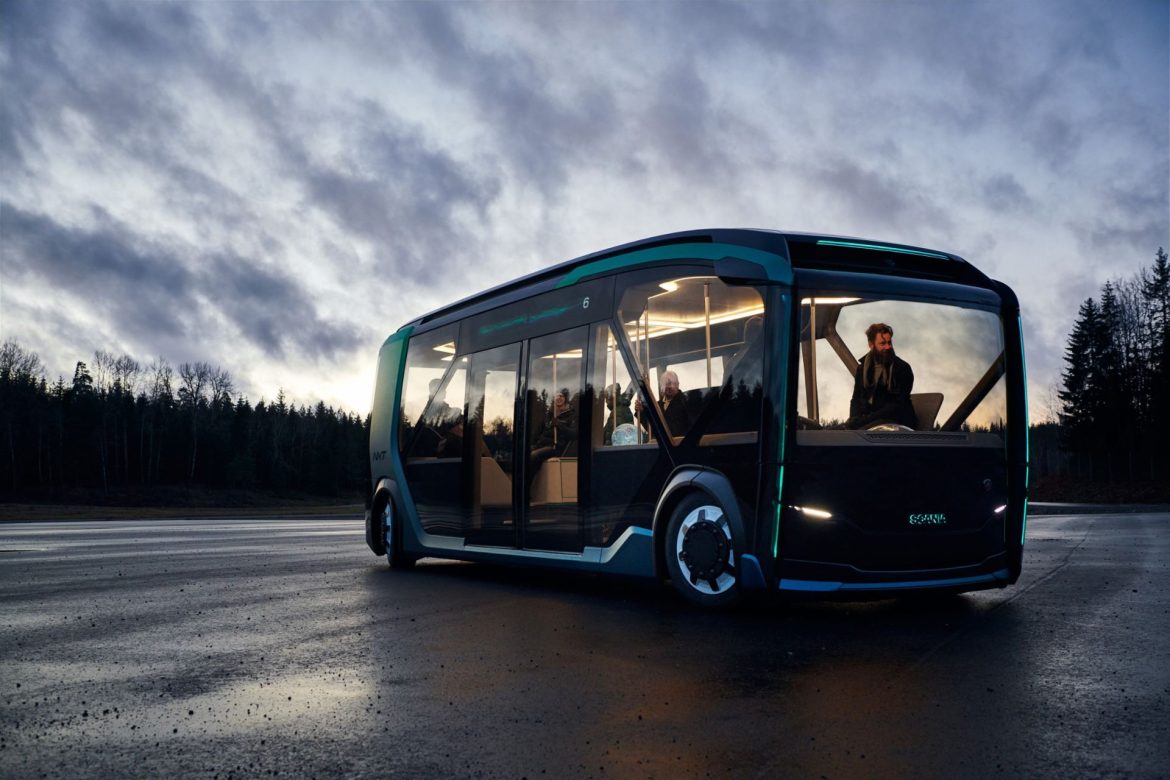As technology continues to advance at a rapid pace, the automotive industry is undergoing a significant transformation with the emergence of electric and autonomous vehicles. These innovations promise to revolutionize personal transportation, offering a cleaner, safer, and more efficient alternative to traditional gasoline-powered cars. In this article, we will delve into the future of personal transportation, exploring the latest developments in electric and autonomous vehicle technology and their potential impact on society.
Electric Vehicles: Driving Towards Sustainability
Advancements in Battery Technology
Electric vehicles (EVs) have gained widespread attention as a key solution to reducing greenhouse gas emissions and mitigating the effects of climate change. One of the critical components driving the adoption of EVs is the advancement of battery technology. Lithium-ion batteries, which power most modern EVs, have seen significant improvements in energy density, charging speed, and durability. Moreover, ongoing research and development efforts are focused on next-generation battery chemistries, such as solid-state batteries, which promise even higher energy density and improved safety.
Infrastructure and Charging Networks
In addition to technological advancements, the expansion of charging infrastructure is essential for the widespread adoption of electric vehicles. Governments, automakers, and utility companies are investing heavily in building out charging networks to support the growing number of EVs on the road. Fast-charging stations, capable of replenishing a vehicle’s battery in a matter of minutes, are becoming more prevalent along highways and in urban areas, addressing concerns about range anxiety and making EVs a practical choice for everyday use.
Autonomous Vehicles: Redefining Mobility
Progress in AI and Machine Learning
Autonomous vehicles (AVs), also known as self-driving cars, represent the next frontier in personal transportation. These vehicles utilize advanced sensors, cameras, and artificial intelligence (AI) algorithms to navigate roads and make real-time driving decisions without human intervention. Recent advancements in AI and machine learning have propelled the development of autonomous vehicle technology, enabling vehicles to perceive their surroundings, interpret traffic patterns, and respond to potential hazards with unprecedented accuracy and reliability.
Safety and Mobility Benefits
The widespread adoption of autonomous vehicles has the potential to revolutionize road safety and mobility. By eliminating human error, which is a leading cause of traffic accidents, AVs have the potential to significantly reduce the number of collisions and fatalities on the road. Moreover, autonomous vehicles can enhance mobility for individuals with disabilities, elderly populations, and those unable to drive due to age or impairment, providing greater access to transportation and improving quality of life for millions of people worldwide.
Conclusion: A New Era of Personal Transportation
In conclusion, the future of personal transportation is being shaped by electric and autonomous vehicles, ushering in a new era of sustainability, safety, and mobility. Electric vehicles offer a cleaner and more efficient alternative to traditional gasoline-powered cars, while advancements in autonomous vehicle technology promise to redefine the way we travel and interact with our environment. As these technologies continue to mature and become more accessible, we can expect to see profound changes in how we move from place to place, ultimately leading to a more sustainable and connected future for all.

